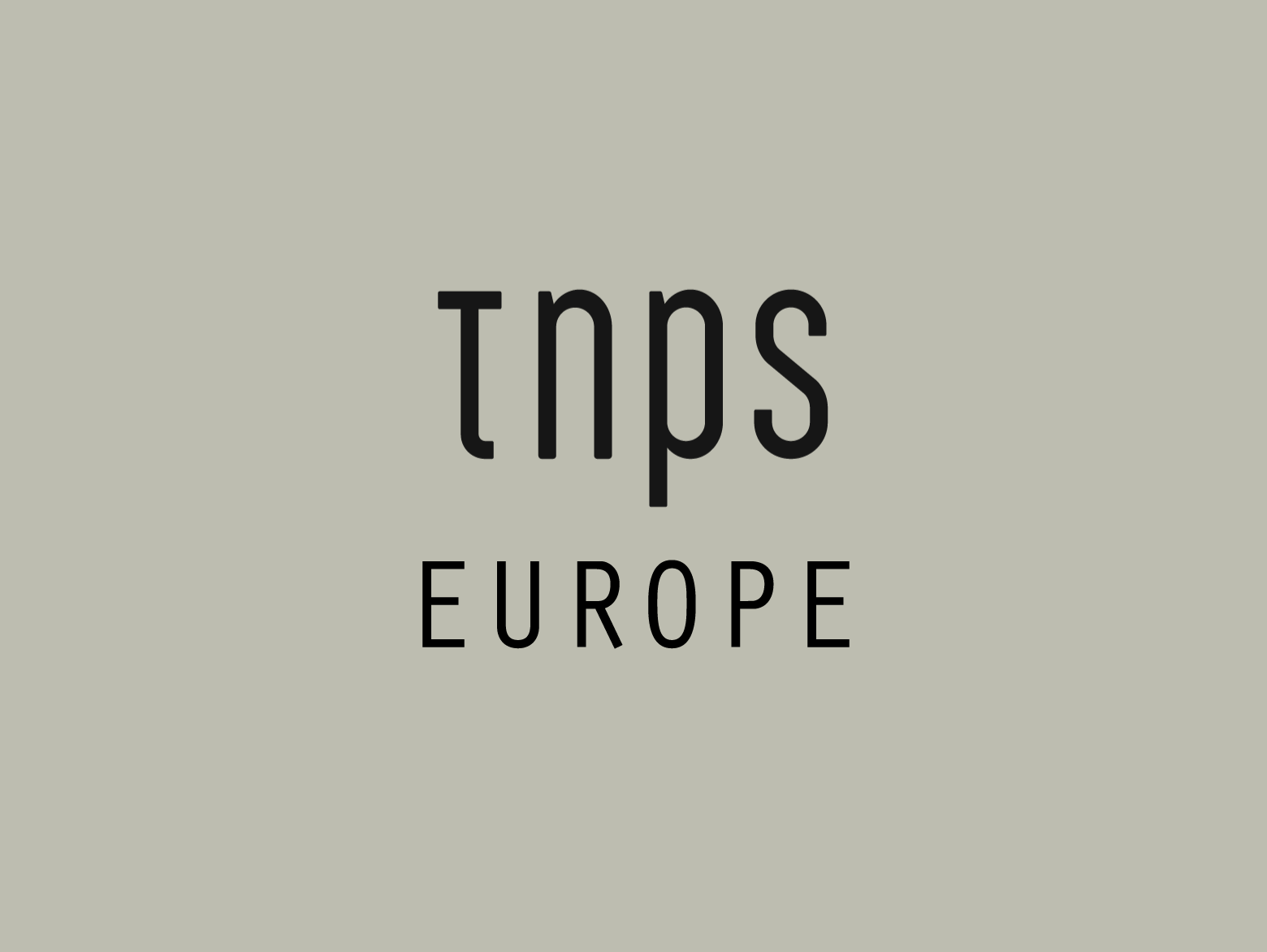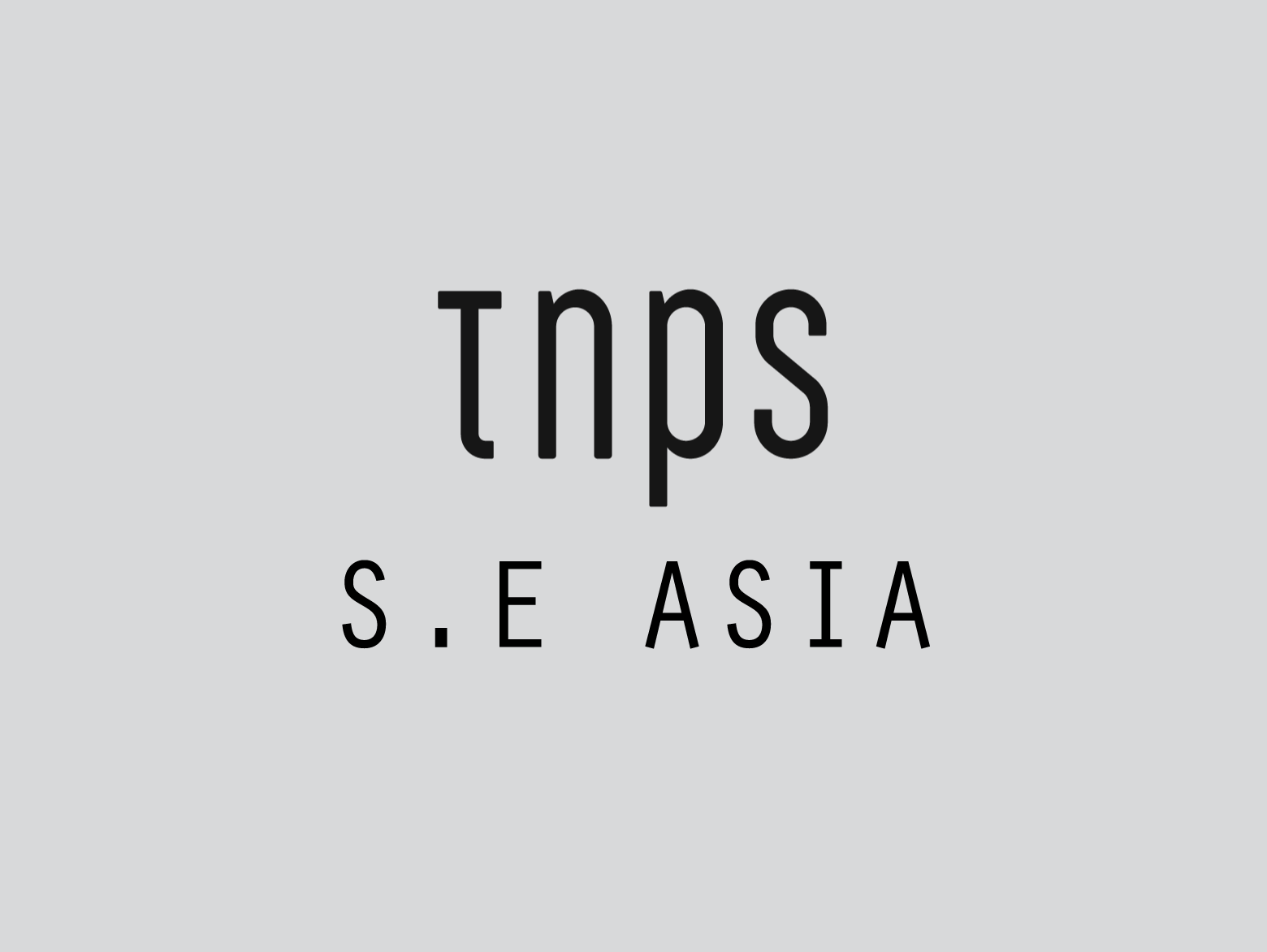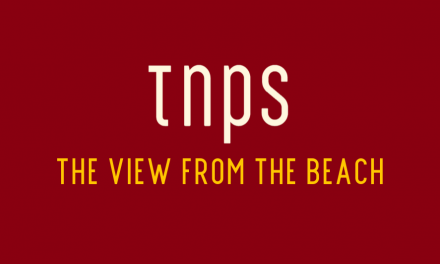It all seemed so implausible at the start of this decade. Ebooks had officially arrived, thanks to Amazon’s Kindle store breathing life into a format that had been around since long before. But it was just a digital extension of the status quo retail model.
It was printed books on a screen, not remotely exploring digital’s potential, and at worst a small threat to bricks and mortar retailers. Sure self-publishers could earn a notional 70% royalty, and that sector bloomed and boomed, but never enough to seriously challenge the existing order, even if some seemed to think otherwise in those heady days of 2010-13 when some seriously believed self-publishers would inherit the Earth.
Reality soon kicked in. Big Pub learned it could contain the ebook beast it had fed and nurtured by the simple expedient of keeping ebook prices at a level that would not cannibalise print sales.
Then digital subscriptions began to be experimented with. But by now Big Pub had had its fingers burned by embracing ebooks too quickly and handing Amazon control of the US and UK ebook market.
So when Scribd and Oyster launched subscription reading, Big Pub engaged cautiously, if at all, and when Amazon entered the subscription fray with Kindle Unlimited Big Pub took a step back.
The early subscription model was essentially the old order revisited. Publishers would be paid a standard royalty when a certain point in a subscription ebook was read.
It was never going to be a sustainable model if offering unlimited consumption, but unlimited consumption was what consumers wanted. Pay a set fee and consume as much as you like.
Amazon studiously avoided this model for audio, with its one credit subscription service Audible setting a sustainable and profitable model that publishers were comfortable with.
But for ebooks, Kindle Unlimited needed a two-tier approach. One royalty model for mainstream publishers and another for small fry indies with no collective clout.
KU2, as it became known, paid out using a controversial model that not only paid indie authors from a “pot” by the number of pages turned, but only told them how much they’d get paid after the event. Amazon further insisted indie authors place their titles exclusively with Amazon to participate.
Such is the power of Amazon in the self-publishing world.
Not here to say if that’s good or bad. Many indies do very well from the arrangement. Others not so much. For its handful of mainstream publishing participants Amazon pays by the standard model.
Lately Storytel has moved to the consumption model for publisher remuneration (minus the exclusivity demands for weaker players), but that’s not the real story here.
The real story is the way Storytel has transformed the consumer subscription model from an experimental sideline for publishers to supplement their standard model income, and transformed subscription into not just a viable alternative model to trot alongside the traditional model on a leash, but a potential leash escapee and challenger to the throne.
With Storytel’s planned move into Germany this summer the subscription model moves into a mainstream traditional model stronghold.
Of course, Scribd has long been operating in the USA, and Storytel is already established, ahead of Amazon, in Spain. And there are numerous smaller subscription players thriving in Europe.
But Scribd, not withstanding its remarkable milestone of one million subscribers this year, is a small player in a big market. It presents no threat to Amazon or to the established order.
But as Storytel prepares to go head to head with Audible and Kindle Unlimited in Germany, one of the world’s biggest book markets, the book industry seismometer will be registering activity.
This is the first rumbling of a seismic shift in the publishing landscape as publishers in a major book market prepare to give Amazon a run for its money by backing a model they have long chosen to keep at arms’ length.
Yes, Storytel has gone from strength to strength in its chosen territories, and it’s a remarkable story in its own right. But let’s remind ourselves of those chosen territories:
Sweden, Norway, Denmark, Finland, Iceland, the Netherlands, Poland, Russia, Spain, India, the United Arab Emirates, Turkey, Italy, Mexico and Bulgaria, with launches imminent in Brazil and Singapore, ambitions for further expansion in Ibero-America and SE Asia, and now Germany confirmed.
Of those countries, setting aside Germany, Amazon has ebook operations in only the India, the Netherlands, Spain, Italy, Mexico and Brazil and audiobooks action only in India and Italy and a pending launch in Spain.
Mostly these are small digital markets and, India and Italy aside, small book markets.
But with the move into Germany, the home of Audible, and only possible with the active engagement of Germany’s publishers, we see Big Pub finally ready to seriously test-drive and evaluate the twin offerings Storytel brings to the table: a viable challenger and counter-balance to Amazon’s dominance of the digital market, and the prospect of seeing the Storytel less-is-more model in action in a fully mature market.
Because if one thing has been clearly shown by Storytel, it is that less is more.
For consumers, readers and listeners pay less and get to read or listen to more. It’s counterintuitive, and at the heart of Big pub’s wariness of the subscription model. Until now.
But Storytel has also demonstrated that less is more for publishers. Yes, the royalty per download for a subscription ebook or audiobook is lower than the standard model royalty for an outright purchase. But the volume of downloads is so much higher that publishers are finding the model works for them too.
One reason is discoverability, and at the heart of why so many indies are willing to embrace Kindle Unlimited.
Put simply, under the traditional model you perhaps see a book in a bookstore and check out the first few pages, or use the Look Inside feature online, and then pay the full price and if you regret the decision when you get home it’s tough luck. It makes consumers wary of trying new names and wary of trying new genres.
The all-you-can-eat subscription model does away with that risk. Once you’ve paid your monthly fee you can download and try out anything in the catalogue, and if it doesn’t appeal, just swap it for something else.
It opens up new names and new genres to readers and listeners and of course every time they find something they like there’s cash flowing back to the publisher that might otherwise never have materialised.
Scribd and Kindle Unlimited have both shown this model works for consumers in the big US market and it is only the understandable publisher resistance due to the twin fears of weakening the print sector and strengthening Amazon’s hand that holds them back.
In some ways Germany will be an experiment. Amazon is too well established digitally in Germany to be too bothered by the arrival of Storytel, although its consumption model may give consumers pause for thought. Pay Audible for one monthly credit or pay Storytel a similar price for all they can eat.
But what we are seeing here is the subscription model coming of age.
So long as and wherever print books hold their appeal, the subscription model will struggle to become the preferred model.
But with Barnes & Noble on the ropes, the US publishing landscape could be transformed early next decade if the unthinkable happened and B&N was allowed to fold. (I say “allowed” because publishers have it within their power to ensure that doesn’t happen – and we are fast approaching the time when they must act.)
In the less mature markets print holds sway not so much because of consumer preference as because there is no real choice. Yet print struggles precisely because the economics of print do not favour these small and emerging markets. And critically, it never will.
In the emerging markets digital is the format that will prevail.
But it is the subscription model that will make these markets blossom.
Storytel may or may not still be the leading subscription operator this time next decade. But we can be sure the subscription model will be the dominant global model, even if a handful of markets like the US and UK can hold out against the trend.
Perhaps the real question here is, will Amazon in the next decade bite the bullet and embrace the subscription model seriously to challenge the rise of Storytel?





